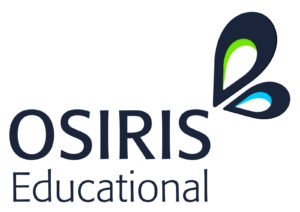CASE STUDY
Reeds Spring School District – Impact Teams

Reeds Spring School District is a small rural district located in southwest missouri that serves five separate communities: Reeds Spring, Cape Fair, Branson West, Indian Point, and Kimberling City.
Demographics
• Number of teachers: 160
• Number of students: 1,730
• Percentage of students on free/reduced lunch: 61.8
• Percentage of white students: 93
• Percentage of limited education students: 11
The Challenge
Reeds Spring School District had been implementing Professional Learning Communities (PLC’s) for 10 years; however, the effective use of data to respond to student learning needs was not occurring district-wide. Although there were pockets of competent teams, overall the district was not seeing the impact they wanted or needed. The teams were heavily focused on the teaching (planning) and not student learning. The conversations were around looking at summative data (autopsies) and not analysing formative evidence of student learning (health checks). Some principals added a data analysis piece to the PLC form but even then the conversations were more on what teachers were doing and not on what students were learning.
Desired Outcomes
Dr. Templeton identified two complementary sets of goals.
• Short-term: to refocus the traditional PLC’s teaming process on analysing quality evidence of student progress and to train teams on more effective collaborative practices
• Long-term: to create a robust learning culture district-wide
Implementation
May 2015: First District training on Impact Teams with selected teams from the five schools facilitated by Barb Pitchford. Focus: Introduction to the Impact Team process, including the team protocols and the student-centered classroom assessment process.
Summer 2015: Dr. Templeton and Barb Pitchford developed a plan for the Model Teams Approach identifying RSSD’s needs, desired outcomes, and available resources.
2015/2016 School Year: Implemented the Model Teams Approach: Focus on using the gradual release of responsibility process to develop teacher and building leaders’ proficiency in facilitating the Impact Team process. One interested (willing) team per school, the instructional coach, and the principal participate in the three coaching sessions for the year.
Results
There has been significant growth in student achievement in the specific areas of focus for three of the Model Impact Teams. They attribute the growth to:
• Much improved teacher agreement and clarity based on the focus standards, which leads to clarity of success criteria for the students.
• Teachers attribute the growth to the team focus on the 3-step protocol, Evidence~Analysis~Action.
• Learning how to professionally collaborate, to learn from and with each other using specific protocols
• Focusing on learning the formative process in the classroom self-and peer assessment, goal setting, using feedback not to evaluate but to learn!

